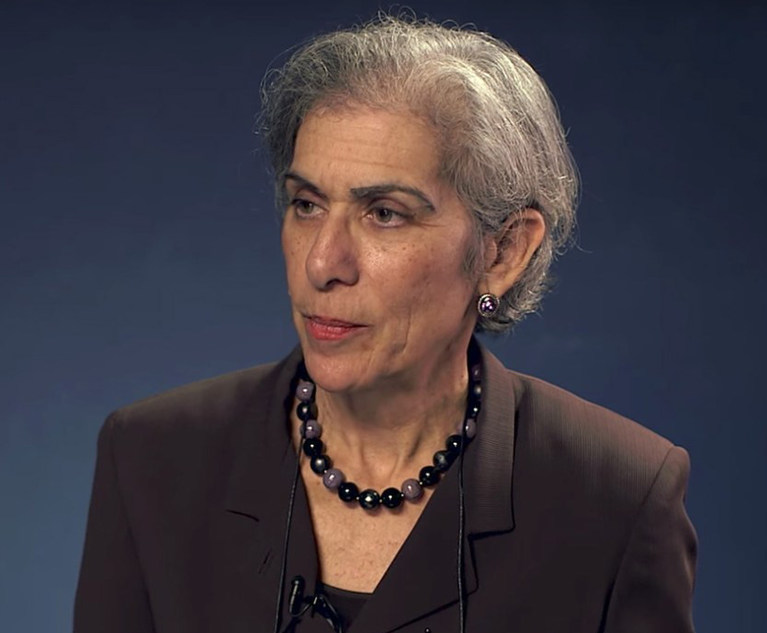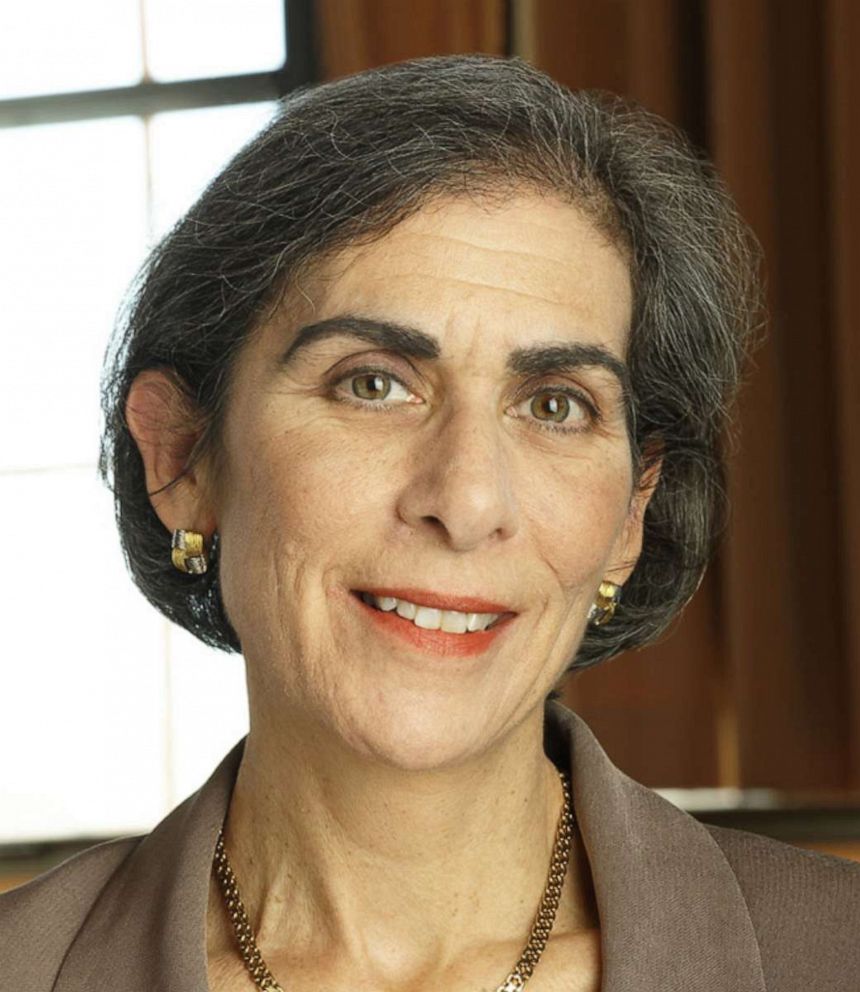Recent Developments Surrounding Penn Law Professor Amy Wax
The University of Pennsylvania has recently made headlines due to the suspension of Amy Wax, a tenured law professor at the Penn Carey Law School. This decision comes after a long history of controversial remarks made by Wax, which have been characterized as racist, sexist, and homophobic. The university's actions have sparked significant debate regarding academic freedom, tenure, and the limits of free speech within academic institutions.
Background on Amy Wax
Amy Wax has been a faculty member at the University of Pennsylvania since 2001. Over the years, she has gained notoriety for her provocative statements on various social issues, particularly concerning race and immigration. Her comments have often drawn criticism from students, faculty, and the public, leading to calls for her dismissal. Despite this, Wax has maintained her position, citing academic freedom as a defense for her right to express her views.
Recent Sanctions Imposed
On September 23, 2024, the Faculty Senate Committee on Academic Freedom and Responsibility upheld sanctions against Wax, which include a one-year suspension with half pay. This suspension is set to begin in the 2025-2026 academic year. The decision was made public after a lengthy deliberation process, reflecting the university's attempt to balance the principles of academic freedom with the need to address the impact of Wax's statements on the university community.
Details of the Suspension
- Duration and Pay: Wax will be suspended for one year, receiving only half of her salary during this period.
- Revocation of Benefits: In addition to the suspension, Wax's summer pay and her named chair position will also be revoked.
- Approval from Leadership: The sanctions have been approved by both the past and current interim presidents of the university, indicating a unified stance from the administration.

Reactions to the Suspension
The decision to suspend Wax has elicited a mixed response from various stakeholders:
- Supporters of Wax argue that the sanctions represent an erosion of academic freedom and a dangerous precedent for faculty members who wish to express controversial opinions.
- Critics, including many students and faculty members, view the suspension as a necessary step to hold Wax accountable for her remarks, which they believe undermine the values of inclusivity and respect within the academic environment.
Student Perspectives
Many students have expressed their desire for Wax to be fired rather than merely suspended. In previous years, students have organized petitions and protests demanding her removal from the faculty, citing her comments as harmful and offensive. The recent sanctions, while significant, have not fully satisfied those who seek her dismissal.
The Broader Implications
The case of Amy Wax raises important questions about the limits of academic freedom and the responsibilities of educators in a diverse academic setting. As universities strive to create inclusive environments, the challenge lies in balancing the right to free speech with the potential harm that certain statements can cause to marginalized communities.
Academic Freedom vs. Accountability
The ongoing debate surrounding Wax's case highlights the tension between academic freedom and accountability. While professors are often granted the latitude to express their views, there is a growing recognition that such expressions can have real-world consequences, particularly when they perpetuate stereotypes or discrimination.
/cloudfront-us-east-1.images.arcpublishing.com/pmn/RTF7GQ2VDJGFHJXBBK5X3INTAQ.jpg)
The suspension of Amy Wax serves as a pivotal moment in the ongoing discourse about academic freedom, tenure, and the responsibilities of educators. As the University of Pennsylvania navigates this complex situation, it will undoubtedly influence how other institutions approach similar challenges in the future. The outcome of this case may set a precedent for how universities handle controversial faculty members and the extent to which they are willing to protect or sanction free speech within their walls.
For more detailed coverage, you can read the full articles from sources like Inside Higher Ed, The New York Times, and Yahoo News.





